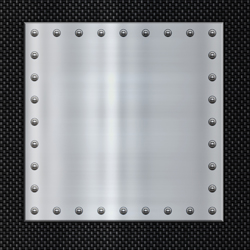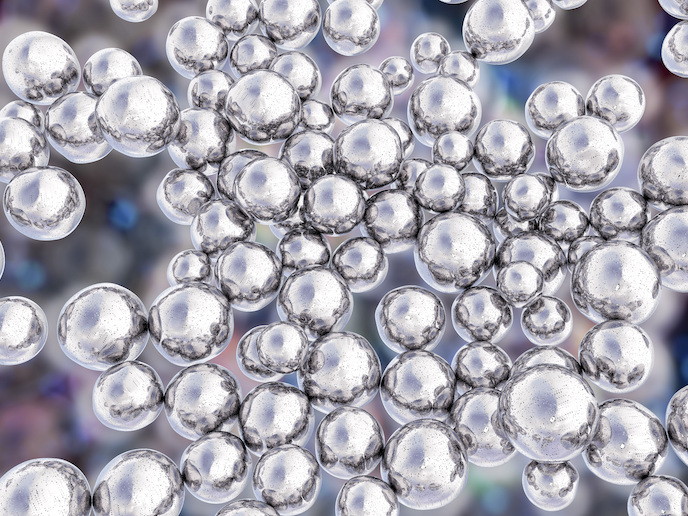Sheet metal formation into final products
Metals are used widely throughout industry to manufacture parts for cars, aeroplanes, appliances and more. Aluminium and its alloys (combined with other metals) are often used as their light weight leads to reduced fuel consumption and pollution. Optimising the sheet metal-forming process (by which the metal is formed into desired product shape) is important to maintaining a competitive position. Developing sheet metal-based products with higher geometrical complexity and increased dimensional accuracy at a lower cost drives the market. The warm-forming process reduces springback, the tendency of the sheet metal to spring back slightly after being bent due to residual stresses induced by the forming process. It also reduces the production cost of metal alloys. EU funding of the ‘Forming of aluminium alloys at elevated temperature’ (FALET-HL-CEMUC) project enabled European researchers to evaluate springback of sheet metal alloys during the warm deep-drawing process. Using an experimental springback rig test (Demeri’s test) as well as both commercially available and in-house numerical tools, scientists evaluated effects of various parameters on residual stress and springback. Studies enabled them to identify critical parameters determining the distribution of stress. In addition, the FALET-HL-CEMUC team identified the future need to investigate friction in sheet-forming processes at elevated temperatures. Lubricants should be reduced or eliminated to decrease environmental impact at various stages of the product life-cycle. Thus, the challenge will be to develop and apply coatings to the forming machinery surface to reduce friction and eliminate the need for oil-based lubricants. FALET-HL-CEMUC project results enabled identification of key parameters critical to minimising springback in the sheet metal warm-forming process and formulation of future research areas to minimise environmental impact and realise sustainable manufacturing goals.







